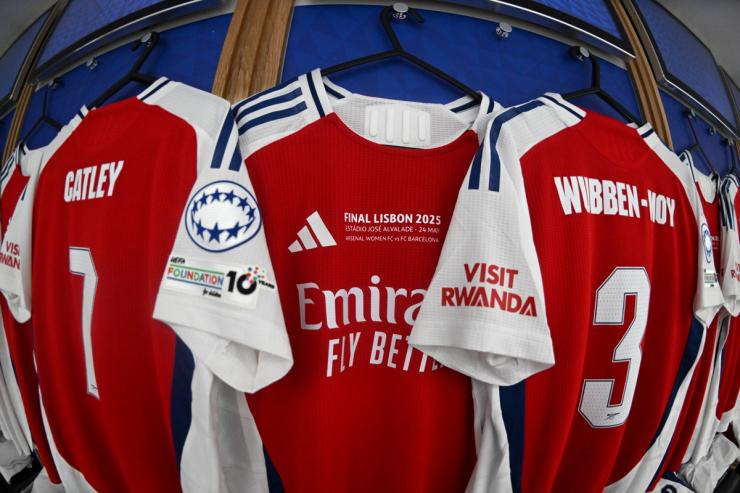Yinka’s view
I recently spoke with a US-based African diplomat who was concerned about negative changes to their country’s image in Washington. It was an unusual conversation because as journalists, we are often too busy uncovering or reacting to the news to consider how countries manage their image.
Few African countries put in the resources to manage their international image beyond dreamy tourism TV ad campaigns in Western markets. One country that has stood out for adopting a more ambitious strategy is Rwanda, drawing the world’s eyes through its “Visit Rwanda” sponsorship deal with some of the biggest international football clubs: England’s Arsenal, France’s Paris St. Germain, and Germany’s Bayern Munich. It was one of the most successful rebrandings of an African country in recent times — well, until it wasn’t.
This week Arsenal announced it would not renew its eight-year shirt sleeve partnership with Rwanda when it expires in June. The move was somewhat anticipated as Arsenal fans became increasingly vocal in their calls to end the deal over Kigali’s reported role in the conflict devastating eastern DR Congo. Bayern fans also pressured their club to ditch its sponsorship deal in August for a football development partnership in Rwanda.
National image matters to African citizens as much as it does governments. Throughout this past week in Johannesburg, which hosts the continent’s first-ever G20 summit this weekend, South Africans expressed a mix of concern and frustration about how their country was being viewed in the US. President Donald Trump’s repeated false claims of “white genocide” and his boycott of the G20 itself must be fueling negative perceptions, they told me.
For African states, “nation branding isn’t a luxury,” said Thebe Ikalafeng, founder of Johannesburg-based Brand Africa, because of how important it is to economic strategy: “More than ever, managing perception is an imperative and a geopolitical asset.”
Notable
- Arsenal’s termination of Rwanda’s sponsorship contract wasn’t necessarily a done deal even as pressure from fans mounted, sources told The Athletic, as the football team has developed a strong — and lucrative — partnership with the East African nation’s development board.
- Despite Trump’s absence, it is in both Washington and Pretoria’s interest that new deals are inked at the G20 — and it may not be too late, South Africa’s Daily Maverick argues.


